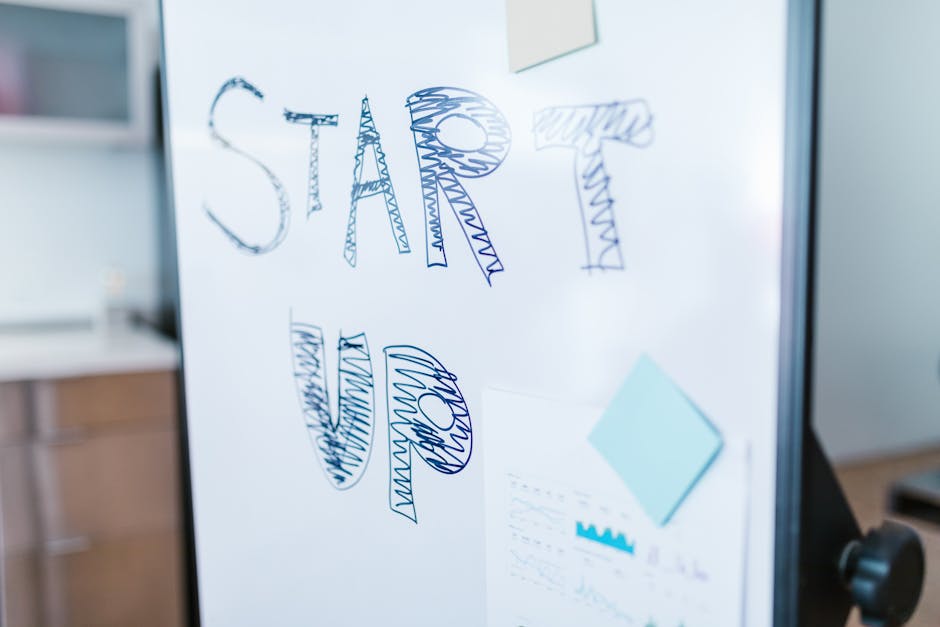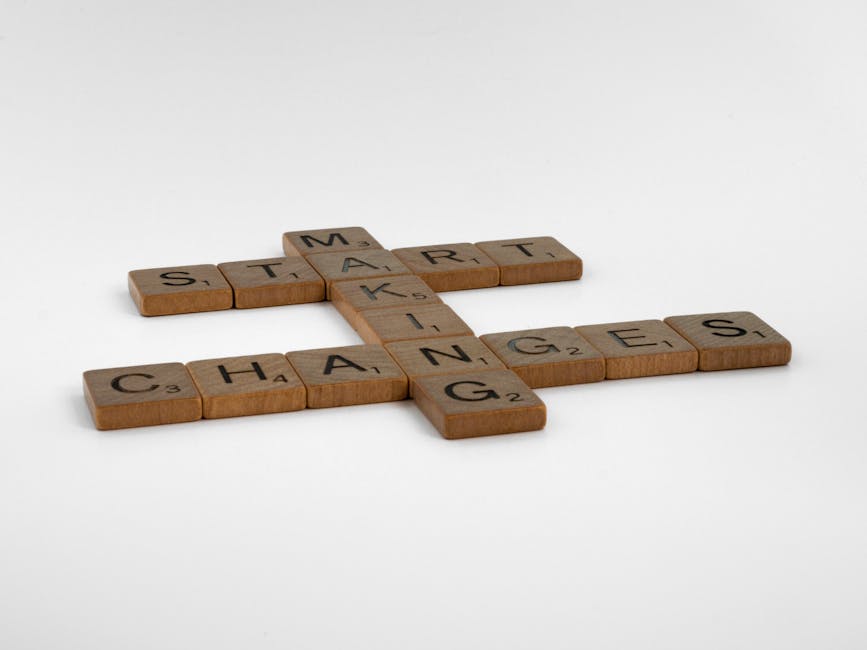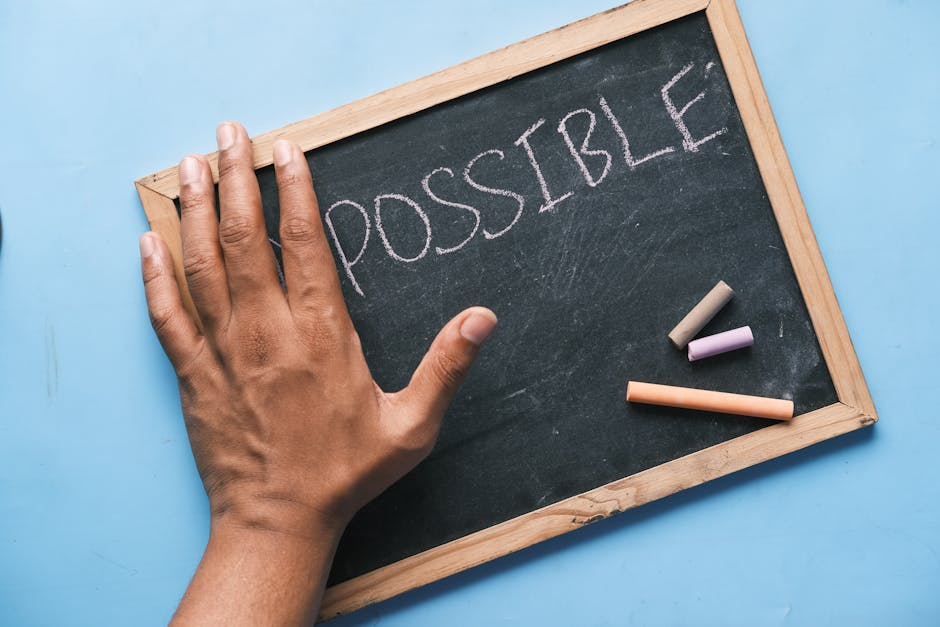Developing a growth mindset is one of the most powerful steps you can take to unlock your potential and achieve personal and professional success. It’s about believing that your abilities, intelligence, and talents can be developed through dedication, effort, and learning. But how do you actually cultivate this mindset? Stick around, because we’re diving into practical steps that can help you embrace challenges, learn from failures, and grow into the best version of yourself.
Key Takeaways
- A growth mindset is the belief that abilities can be developed through effort and learning.
- Recognizing and overcoming a fixed mindset is the first step toward growth.
- Embracing challenges, valuing effort, and learning from failure are essential practices.
- Surrounding yourself with supportive people and fostering continuous learning can strengthen your mindset.
Understanding the Concept of a Growth Mindset
Definition and Importance of a Growth Mindset
A growth mindset is the belief that your abilities and intelligence aren’t set in stone—they can grow with effort and persistence.
This concept, popularized by psychologist Carol Dweck, emphasizes that success isn’t just about talent but about hard work, learning, and resilience.
Why is this important? Because it shifts your focus from “I can’t do this” to “I can learn how to do this.” It’s the difference between giving up and pushing forward.
Differences Between Fixed and Growth Mindsets
A fixed mindset believes that abilities are static—you’re either good at something or you’re not.
In contrast, a growth mindset sees potential everywhere.
For example, someone with a fixed mindset might say, “I’m terrible at math,” while someone with a growth mindset would say, “I’m not great at math yet, but I can improve with practice.”
This shift in thinking can transform how you approach challenges and setbacks.
Benefits of Adopting a Growth Mindset
The benefits of a growth mindset are immense.
It fosters resilience, encourages lifelong learning, and helps you achieve goals you once thought were out of reach.
People with growth mindsets are more likely to embrace challenges, persist through difficulties, and view failures as opportunities to learn.

Identifying Your Current Mindset
Recognizing Fixed Mindset Traps
Common Signs of a Fixed Mindset
Do you avoid challenges because you’re afraid to fail?
Do you feel threatened by the success of others?
These are common signs of a fixed mindset.
How Fixed Mindset Beliefs Hinder Progress
A fixed mindset can hold you back by making you fear failure and avoid risks.
It keeps you stuck in your comfort zone, preventing you from growing or trying new things.
Assessing Your Current Beliefs and Attitudes
Take a moment to reflect on your beliefs.
Do you think your abilities are fixed, or do you believe they can grow?
Self-awareness is the first step toward change.

Steps to Develop a Growth Mindset
Embrace Challenges as Opportunities for Growth
Shifting Your Perspective on Challenges
Instead of seeing challenges as roadblocks, view them as stepping stones.
Every challenge is a chance to learn something new.
Examples of Turning Obstacles into Learning Experiences
For instance, if you struggle with public speaking, see it as an opportunity to improve your communication skills rather than a reason to avoid it.
Change Your Perspective on Failure
Viewing Failure as a Stepping Stone to Success
Failure isn’t the end—it’s part of the journey.
Think of failure as feedback, not a verdict.
Learning from Mistakes to Improve
Ask yourself, “What can I learn from this experience?”
This mindset helps you grow stronger with every setback.
Value Effort Over Innate Talent
Understanding the Role of Effort in Achieving Goals
Effort is the engine of growth.
Even the most talented people need to work hard to succeed.
Celebrating Progress and Hard Work
Instead of focusing solely on results, celebrate the effort you put in.
This reinforces the belief that hard work pays off.
Cultivate Persistence and Resilience
Strategies to Push Through Difficulties
When the going gets tough, remind yourself why you started.
Break big goals into smaller, manageable steps.
Building Mental Toughness
Mental toughness is like a muscle—the more you use it, the stronger it gets.

Fostering Continuous Learning and Growth
Seeking New Knowledge and Skills
Importance of Lifelong Learning
Learning doesn’t stop after school.
It’s a lifelong process that keeps your mind sharp and your skills relevant.
Resources for Personal and Professional Development
Explore books, online courses, and workshops to expand your knowledge.
Check out these strategies for cultivating a growth mindset for lifelong learning.
Focusing on Positive Actions Over Fixed Traits
Shifting Focus to Behaviors and Habits
Instead of labeling yourself as “bad” at something, focus on the actions you can take to improve.
Reinforcing Positive Changes
Celebrate small wins to build momentum and confidence.

Building a Supportive Environment for Growth
Surrounding Yourself with Growth-Oriented Individuals
Learning from the Success of Others
Surround yourself with people who inspire and challenge you.
Their success can motivate you to aim higher.
Finding Mentors and Role Models
Seek out mentors who can guide and support you on your journey.
Celebrating the Success of Others
Using Others’ Achievements as Inspiration
Instead of feeling envious, let others’ success fuel your own ambitions.
Avoiding Envy and Fostering Collaboration
Collaboration often leads to growth for everyone involved.
Maintaining and Strengthening a Growth Mindset
Reflecting on Personal Growth Regularly
Journaling Progress and Lessons Learned
Keep a journal to track your growth and reflect on what you’ve learned.
Setting New Goals for Continued Improvement
Set realistic goals to keep moving forward.
Learn more about how to set realistic goals for personal growth.
Overcoming Setbacks and Staying Motivated
Strategies to Bounce Back from Challenges
When setbacks happen, take a deep breath and reassess your approach.
Keeping a Positive Outlook During Tough Times
Focus on what you can control and stay optimistic.

Developing a growth mindset isn’t a one-time event—it’s a lifelong journey.
By embracing challenges, learning from failures, and surrounding yourself with supportive people, you can unlock your full potential.
Start small, stay consistent, and remember: growth is always possible.
For more tips, check out how to cultivate a more positive mindset.
So, what’s your first step toward a growth mindset? Let us know in the comments!
FAQ: Steps to Cultivate a Growth Mindset – Your Path to Personal Growth
What is a growth mindset, and why is it important?
A growth mindset is the belief that abilities and intelligence can be developed through effort, learning, and perseverance. It is important because it encourages resilience, adaptability, and a willingness to embrace challenges, which are essential for personal and professional growth.
How can I start developing a growth mindset?
Begin by recognizing and challenging fixed mindset thoughts. Replace them with growth-oriented beliefs, such as viewing failures as opportunities to learn. Practice self-reflection and focus on progress rather than perfection to foster a mindset of continuous improvement.
What role does self-awareness play in cultivating a growth mindset?
Self-awareness helps you identify limiting beliefs and thought patterns that may hinder growth. By understanding your strengths, weaknesses, and triggers, you can consciously work towards adopting a more positive and growth-focused perspective in various situations.
How can embracing challenges help in developing a growth mindset?
Embracing challenges pushes you out of your comfort zone and allows you to learn new skills and perspectives. Overcoming obstacles builds confidence and reinforces the belief that effort and persistence lead to growth and success.
What is the role of feedback in fostering a growth mindset?
Feedback provides valuable insights into areas for improvement and growth. By viewing feedback as constructive rather than critical, you can use it to refine your skills, expand your knowledge, and achieve better outcomes over time.
Can practicing gratitude contribute to a growth mindset?
Yes, practicing gratitude helps shift your focus from what you lack to what you have achieved and learned. This positive outlook reinforces the belief that growth is possible and encourages you to appreciate the journey of self-improvement.
How does setting realistic goals support a growth mindset?
Setting realistic and achievable goals provides a clear direction for growth. Breaking larger goals into smaller, manageable steps allows you to track progress, celebrate milestones, and stay motivated to continue learning and improving.
What are some daily habits to nurture a growth mindset?
Daily habits like journaling, practicing mindfulness, reading, and seeking out learning opportunities can help reinforce a growth mindset. Consistently challenging yourself and reflecting on your progress will keep you focused on personal development.
How can I help others develop a growth mindset?
Encourage others by praising their effort rather than innate abilities, sharing your own growth experiences, and fostering a supportive environment where mistakes are seen as learning opportunities. Leading by example can inspire others to adopt a growth mindset as well.
What should I do if I feel stuck in a fixed mindset?
Acknowledge the fixed mindset thoughts and remind yourself that change is possible. Reframe challenges as opportunities, seek support from mentors or peers, and focus on small, consistent actions to gradually shift towards a growth-oriented perspective.



